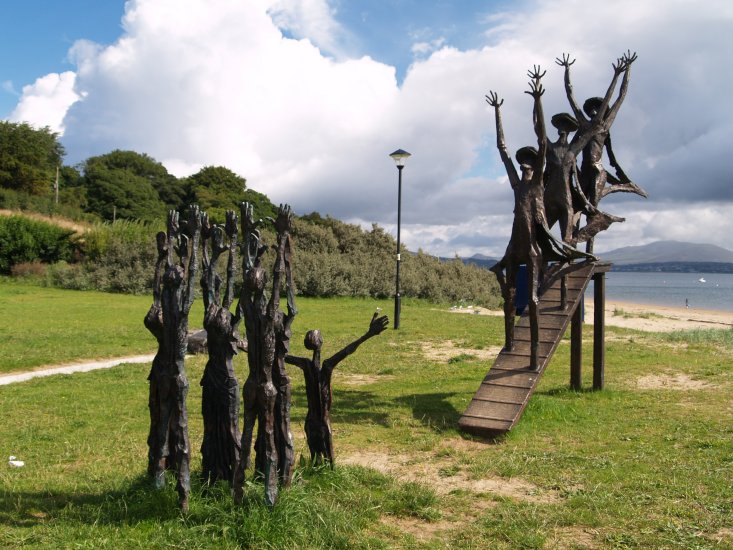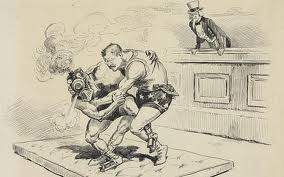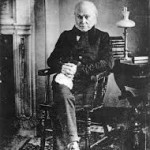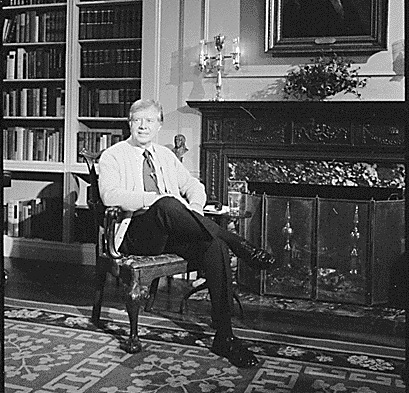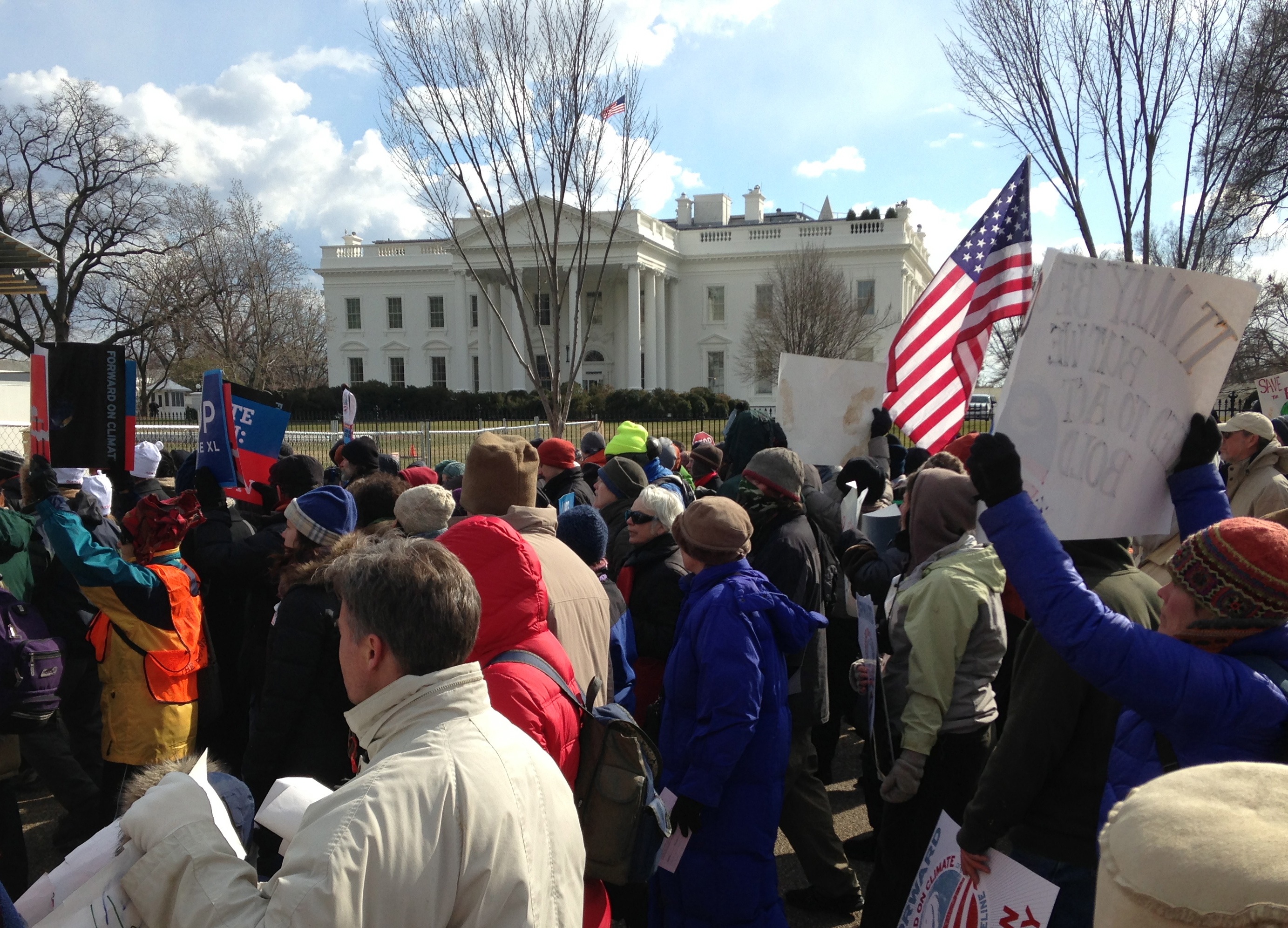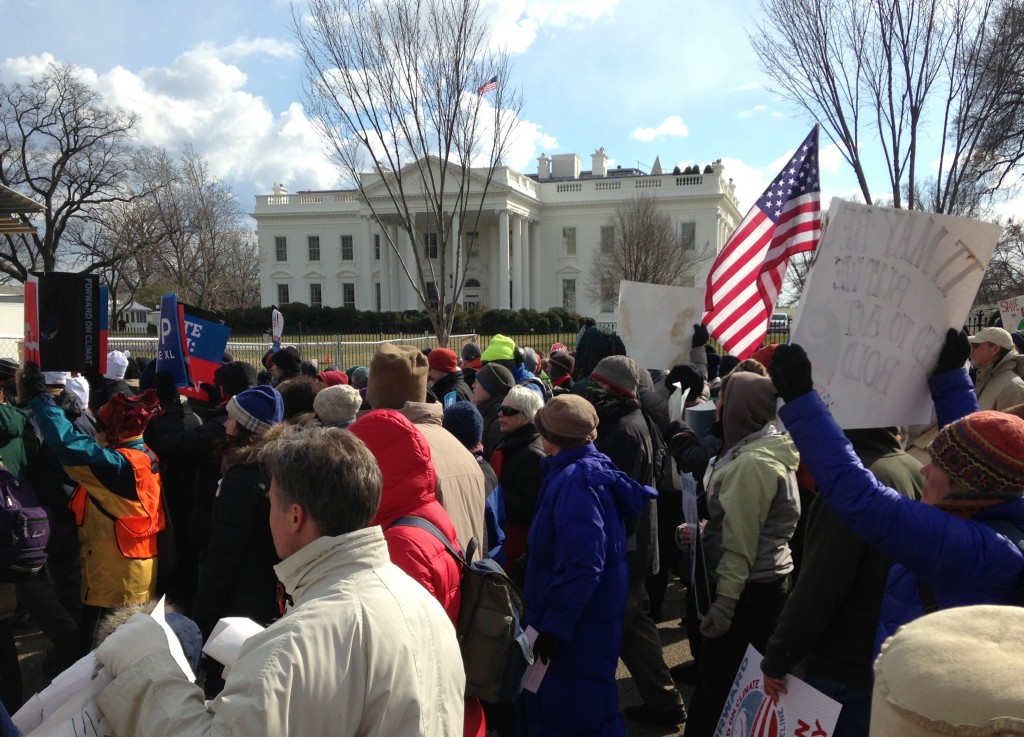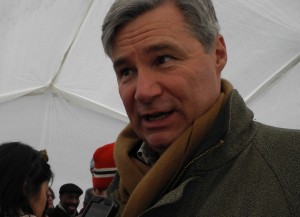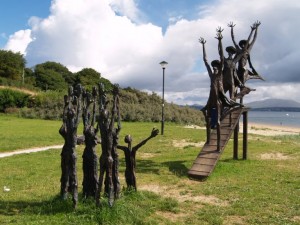
Can we finally put to rest the false idea that the rich will leave Rhode Island if the state raises taxes? The Earls aren’t fleeing the Ocean State, they flock here. We’ve got the best beaches and we treat our rich like they are royalty.
And even if we only had the best beaches, the New York Times this weekend threw more cold water on the tired old talking point that there will be a wealth exodus if we make the affluent pay their fair share.
It’s an article of faith among low-tax advocates that income tax increases aimed at the rich simply drive them away … That, at least, is what low-tax advocates want us to think, and on its face, it seems to make sense. But it’s not the case. It turns out that a large majority of people move for far more compelling reasons, like jobs, the cost of housing, family ties or a warmer climate. At least three recent academic studies have demonstrated that the number of people who move for tax reasons is negligible, even among the wealthy.
Yes, Rhode Island is going through a scary population decline. But it’s not because the rich are leaving Newport for Westport or Greenport. It’s because middle class folks can’t find jobs here anymore. This study of California shows that while the convention wisdom has been that rich people leave the Golden State because taxes are too high, it turns out that it’s actually the middle and low-income people who make up most of the out-migration.
From 2005 to 2011, California lost 158 people with household incomes under $20,000 for every 100 who arrived, and 165 for every 100 people with household incomes between $20,000 and $40,000. In contrast, just slightly more people with household incomes in the $100,000-$200,000 range left than came to California (103 out per 100 in), and California actually gained a hair more people in the $200,000+ range than it lost (99 out per 100 in). The rich aren’t leaving California, but the poor and the middle class are.

